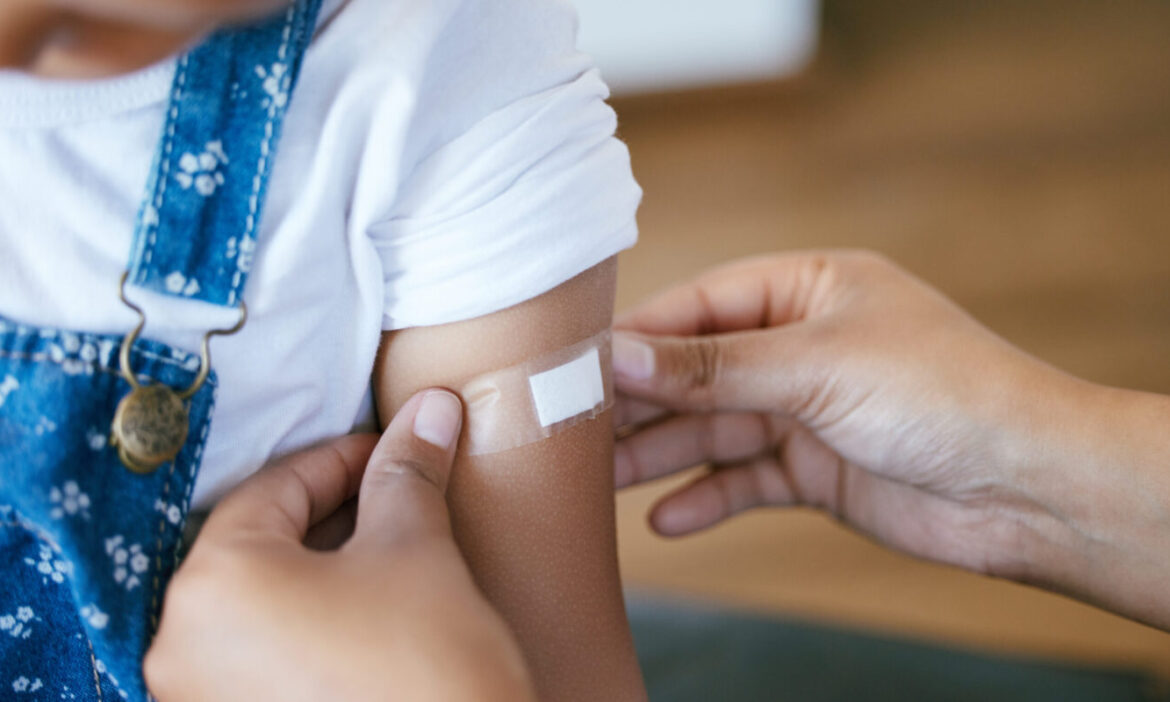Originally published in The Tennessean, August 2023
When I was a practicing pediatrician, I had many conversations with parents and caregivers about immunizations.
Many wanted their children to receive the recommended immunizations. However, some were vaccine-hesitant, and a few were completely opposed to vaccines. This was usually because they didn’t agree that immunizations help to decrease preventable diseases, or because they believed vaccines were dangerous rather than beneficial.
With all of these caregivers, it was important to provide them with three things: patience, time, and information.
I remained patient as they shared the basis for their concerns, took the necessary time to answer all of their questions, and made sure to provide them with medically sound information. Each encounter remained an opportunity for open dialogue.
Now that children across Tennessee are back in school, I’m reminded of these conversations — especially as childhood vaccination rates have substantially declined, not only in Tennessee but across the country. Those declines have been tied to a reappearance of measles, mumps and tuberculosis. Even cases of once-obsolete diseases like polio and leprosy have been confirmed in certain parts of the U.S. in the last year.
The evidence is clear
Vaccination helps decrease the chances of preventable disease and illness in everyone, not just those receiving a shot. So while they’re for your child’s protection, they also make your community healthier through the process of herd immunity. Effective vaccination gives diseases little opportunity to spread.

In Tennessee, certain vaccines are required for children to attend all levels of school, from daycare to college. The state requirements follow Centers for Disease Control and Prevention (CDC) guidelines, which are endorsed by the American Academy of Pediatrics and the American Academy of Family Physicians.
I share this because despite renewed scrutiny and fear of adverse effects from some circles, vaccines remain safe, effective, and supported overwhelmingly by the medical community. They’re studied for safety and effectiveness on an ongoing basis.
The CDC has developed a schedule of vaccines that are recommended for babies and children as they grow. They start at birth, with a dose of the Hepatitis B vaccine, and run all the way up through your child’s 18th birthday. The schedule is updated annually and includes the seasonal flu vaccine.
An updated COVID-19 booster shot could be ready by late September, which is ideal timing as state health officials are anticipating a rise in respiratory illnesses this fall.
As a reminder, the flu shot and updated COVID-19 vaccine, once available, may be given simultaneously, even though they’re separate vaccines.
The FDA recently approved a vaccine for RSV for adults 60 years and older. Talk to your health care provider to see if this vaccine is right for you. Everyone older than 6 months is urged to get the latest flu vaccine by Halloween — you might hear this approach referred to as “flu before boo.”
Where to start with vaccination
Scheduling a well-child exam with your health care provider is a great opportunity to catch up on vaccinations and to ask any questions. But I understand that for many parents, convenience is a factor. That’s why BlueCare Tennessee has long supported drive-thru clinics across the state, as we’ve long known that we need to meet our members where they are.
This year we’ve launched our “Flu Under 2” campaign. This outreach aims to get more Tennesseans under the age of 2 years vaccinated against the flu. We’re working with providers who see a high volume of patients and offering them adult and child flu kits that include tissues, thermometers, hand wipes, and more.
Many people have fallen behind on regular health care appointments, but it’s easy for our children to get back on schedule. And while there’s not a single vaccine that’s going to be 100% effective, they remain our greatest defense against preventable outcomes.
My hope is that all of us will speak to our primary care providers and take the necessary steps to be fully vaccinated — not just for the sake of our children, but for our communities.


 Sharon Moore-Caldwell, M.D./M.Div, is a medical director for BlueCare Tennessee, a subsidiary of BlueCross BlueShield of Tennessee.
Sharon Moore-Caldwell, M.D./M.Div, is a medical director for BlueCare Tennessee, a subsidiary of BlueCross BlueShield of Tennessee.